Unlocking Nutrient Potential: The Single Calcium Phosphate Fertilizer Production Line Explained
As global agricultural demands rise, the need for effective and sustainable fertilizers has become increasingly important. Among the various fertilizers available, calcium phosphate stands out due to its essential role in plant nutrition. The Single Calcium Phosphate Fertilizer Production Line plays a pivotal role in transforming raw materials into high-quality fertilizers that enhance soil fertility and support crop growth. This article will explore how this production line works, its advantages, and its significance in modern agriculture.
The Importance of Calcium Phosphate in Agriculture
Calcium phosphate is a crucial source of phosphorus, one of the three primary macronutrients essential for plant growth (the others being nitrogen and potassium). Phosphorus is vital for several plant functions, including energy transfer, photosynthesis, and root development. However, phosphorus is often limited in many soils, leading to reduced crop yields and compromised agricultural productivity.
The use of calcium phosphate fertilizers helps address these deficiencies by providing plants with an accessible source of phosphorus. This is particularly important in regions where soils are naturally low in phosphorus, making the Single Calcium Phosphate Fertilizer Production Line a key player in enhancing food security.
How the Single Calcium Phosphate Fertilizer Production Line Works
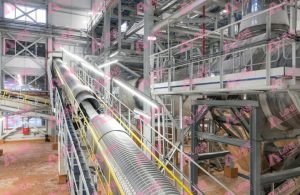
The Single Calcium Phosphate Fertilizer Production Line is designed to efficiently produce calcium phosphate fertilizers from raw materials, typically involving a series of processing steps:
a. Raw Material Preparation
The production process begins with the selection of high-quality raw materials, which typically include phosphate rock and sulfuric acid. The phosphate rock is mined and crushed to increase its surface area, making it easier to react with sulfuric acid during the subsequent steps. The quality of the phosphate rock directly impacts the efficiency and effectiveness of the production line.
b. Acidulation Process
The core of the Single Calcium Phosphate Fertilizer Production Line is the acidulation process. In this step, the crushed phosphate rock is mixed with sulfuric acid in a controlled reaction chamber. The chemical reaction produces phosphoric acid and gypsum as a byproduct:
Ca3(PO4)2+2H2SO4+6H2O→2H3PO4+3CaSO4⋅2H2O
This reaction is crucial for transforming raw phosphate rock into a usable form of phosphorus.
c. Concentration and Granulation
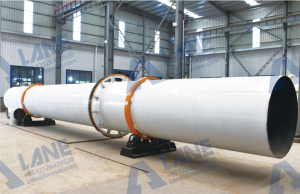
After the acidulation process, the resulting phosphoric acid can be concentrated and converted into calcium phosphate. This is typically achieved through granulation, where the phosphoric acid is mixed with other nutrients (if necessary) and processed into granules. The granulation process ensures uniform size and consistency, making the fertilizer easy to handle and apply.
Modern machinery used in this stage allows for precise control over the granule size and composition, which directly affects the product’s effectiveness and usability.
d. Drying and Cooling
Once granulated, the calcium phosphate fertilizer must be dried to remove excess moisture. This is important for enhancing the shelf life and stability of the fertilizer. After drying, cooling processes are implemented to ensure that the granules do not clump together during storage.
e. Quality Control and Packaging
Quality control measures are vital throughout the production process. Regular testing ensures that the fertilizer meets industry standards for nutrient content and physical properties. Once the fertilizer passes quality checks, it is packaged for distribution to farmers and agricultural retailers.
Advantages of the Single Calcium Phosphate Fertilizer Production Line
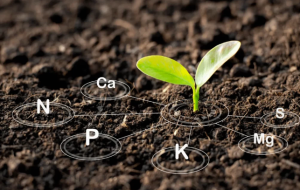
Investing in a Single Calcium Phosphate Fertilizer Production Line offers numerous benefits for manufacturers and farmers alike:
a. Efficient Nutrient Delivery
Calcium phosphate fertilizers provide a readily available source of phosphorus that can be easily absorbed by plants. This efficiency in nutrient delivery enhances crop yields and supports healthy plant growth, making it an essential input for modern agriculture.
b. Environmental Benefits
Using calcium phosphate fertilizers can help improve soil health over time. Unlike some synthetic fertilizers that can lead to soil degradation, calcium phosphate contributes to the long-term fertility of the soil. Additionally, the recycling of phosphate rock reduces waste and supports more sustainable agricultural practices.
c. Economic Viability
The production of calcium phosphate fertilizers is economically viable, especially in regions where phosphate rock is readily available. By investing in a Single Calcium Phosphate Fertilizer Production Line, manufacturers can reduce production costs while meeting the growing demand for effective fertilizers.
The Future of Calcium Phosphate Fertilizer Production
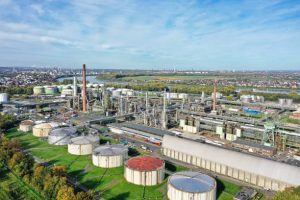
As agricultural practices continue to evolve, the role of calcium phosphate fertilizers will remain crucial. Innovations in production technology and process optimization will enhance the efficiency and sustainability of calcium phosphate manufacturing.
Additionally, as the focus on sustainable agriculture increases, the demand for eco-friendly fertilizers like calcium phosphate is likely to grow. Producers who invest in advanced production lines will be better positioned to meet this demand and contribute to global food security.
Conclusion
The Single Calcium Phosphate Fertilizer Production Line is a vital component of modern agriculture, providing an efficient means to transform raw materials into high-quality fertilizers that enhance soil fertility and boost crop yields. By addressing the challenges of phosphorus availability in soils, calcium phosphate fertilizers play a crucial role in sustainable farming practices.
Investing in innovative production technologies not only improves the efficiency and effectiveness of fertilizer manufacturing but also supports environmental sustainability and economic viability in the agricultural sector. As we strive to meet the demands of a growing population, the power of calcium phosphate fertilizer production will be essential in unlocking the nutrient potential of our soils and ensuring a more secure food future.



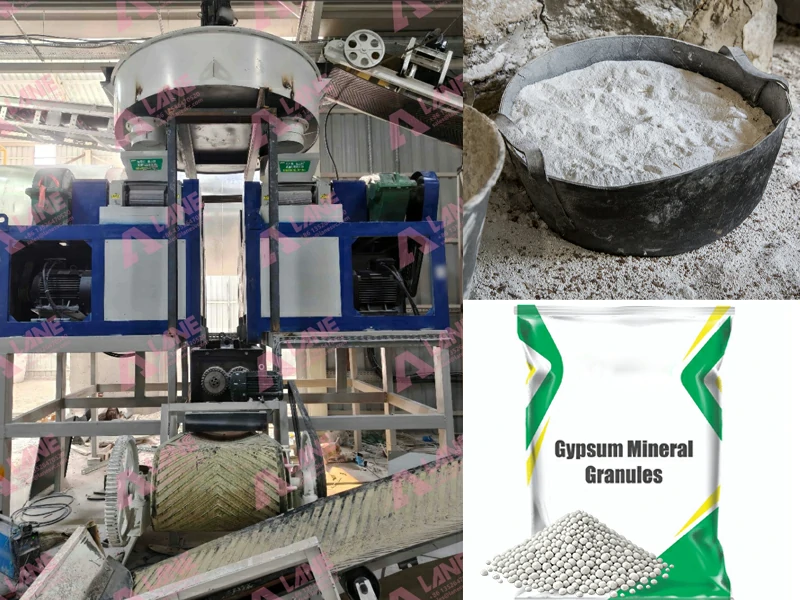
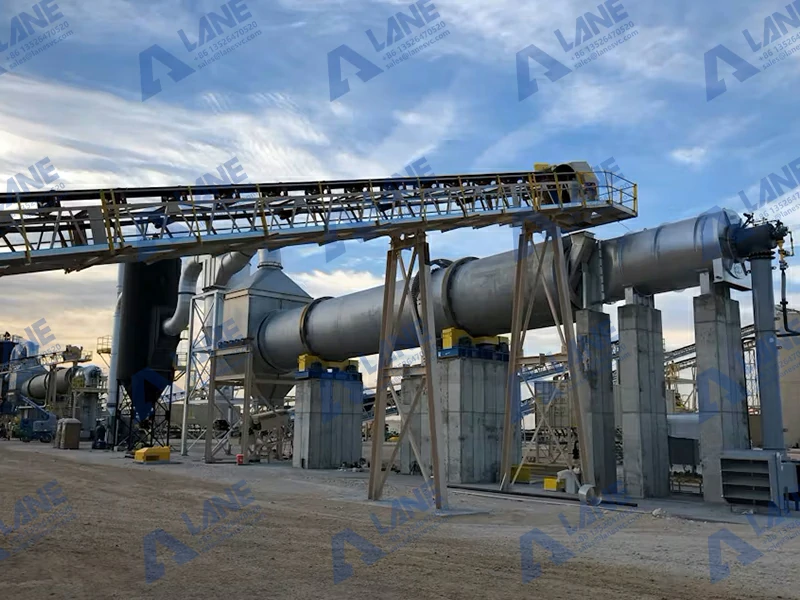

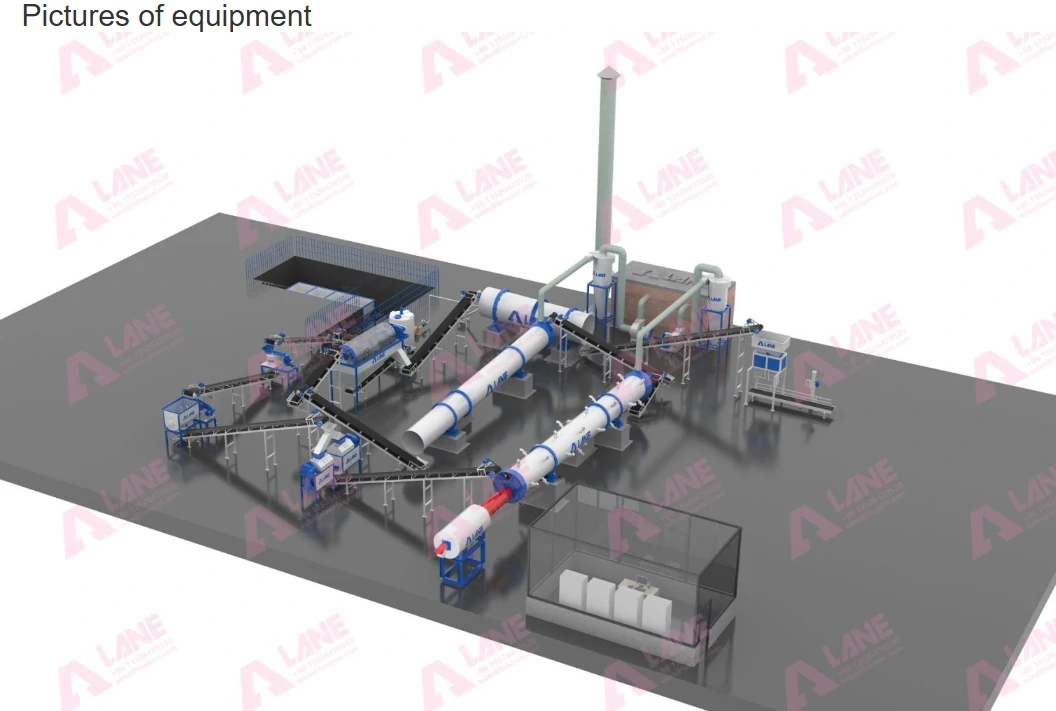
Send a message to us